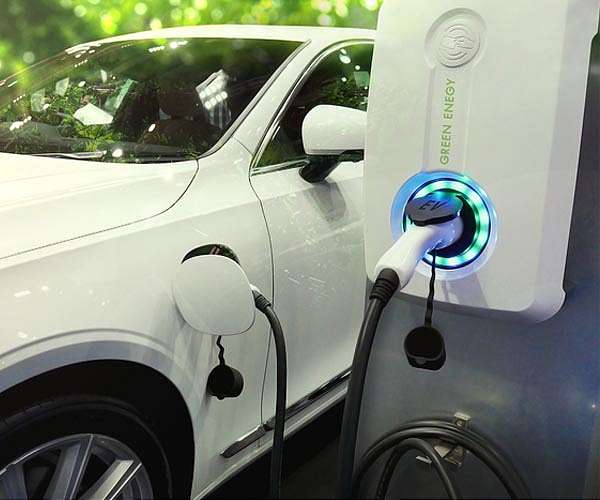SwRI Expands EV Battery Research with Launch of EVESE-II Consortium
Southwest Research Institute (SwRI) has initiated the next phase of its electric vehicle (EV) battery research with the launch of the Electrified Vehicle and Energy Storage Evaluation-II (EVESE-II) consortium. Building on more than a decade of SwRI-led pre-competitive research, this new phase will continue to investigate the performance and safety of energy storage systems, with participation from various sectors of the mobility industry.
“We are proud to serve the EV industry by bringing manufacturers, suppliers, battery designers and developers together with materials scientists to address a variety of challenges,” said Dr. Andre Swarts, staff engineer at SwRI’s Automotive Propulsion Systems department.
On August 15, the consortium will hold a kickoff meeting to introduce potential members to the EVESE-II research initiatives and SwRI’s broader efforts in electrified powertrain development. Interested parties can register for free virtual or in-person attendance at SwRI in San Antonio via the link: https://evese.swri.org.
Building on the research initiated in the first phase of EVESE, EVESE-II will expand its focus to include research into battery modules and packages. Dr. Swarts emphasized: “Cell research will remain at the core of the program, with an emphasis on assay repeatability, cell aging and fast charging research, as well as exploring emerging cell chemistries with increased energy capabilities.”
The consortium will conduct performance and abuse testing at various scales to collect essential data aimed at improving thermal management and safety. A major area of research is immersion cooling, a method in which battery cells or packs are immersed in a dielectric fluid for more efficient heat dissipation compared to traditional air cooling techniques.
“The emphasis on immersion cooling grew out of previous EVESE work, which highlighted its ability to improve thermal management and reduce thermal runaway,” says Dr. Swapnil Salvi, a research engineer at SwRI’s Automotive Propulsion Systems division. “SwRI has developed a substantial portfolio of testing capabilities in recent years to support these research activities.” More details can be found at Testing and Researching Battery Immersion Cooling. In addition, EVESE-II will explore advances in charging technology, vehicle-to-everything (V2X) systems and in-situ battery health diagnostics, all supported by advanced modeling and simulation tools.
Consortium members will have the opportunity to influence the research agenda by choosing from proposed topics or proposing new ones, with the final scope of the work determined jointly. Members will receive comprehensive data from the consortium, protected by confidentiality agreements, and will benefit from regular reports, meetings and access to SwRI’s research resources. This includes royalty-free licenses on all patents arising from consortium activities.
SwRI hosts several consortia focused on advancing a range of powertrain technologies, including electric, internal combustion and fuel cell systems.


